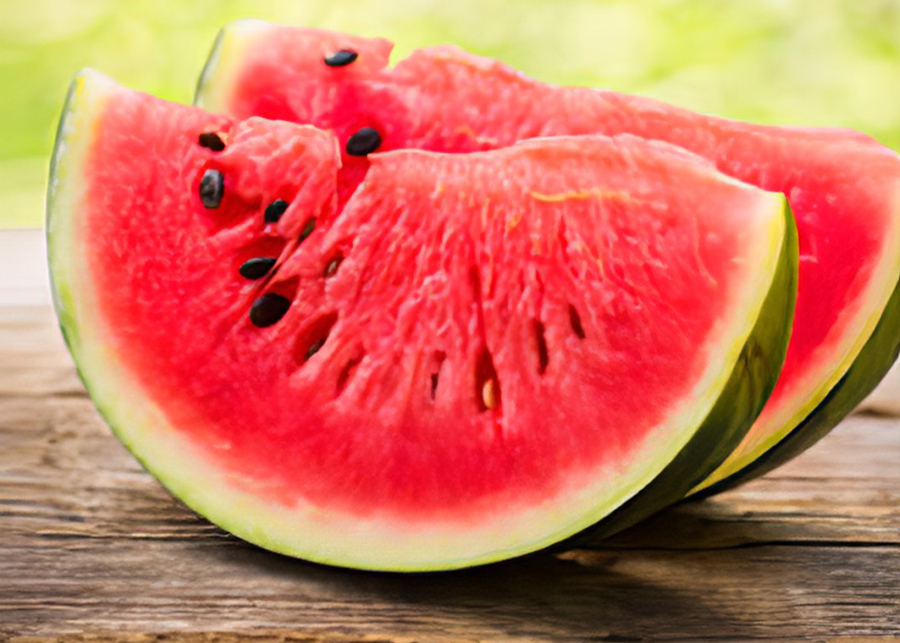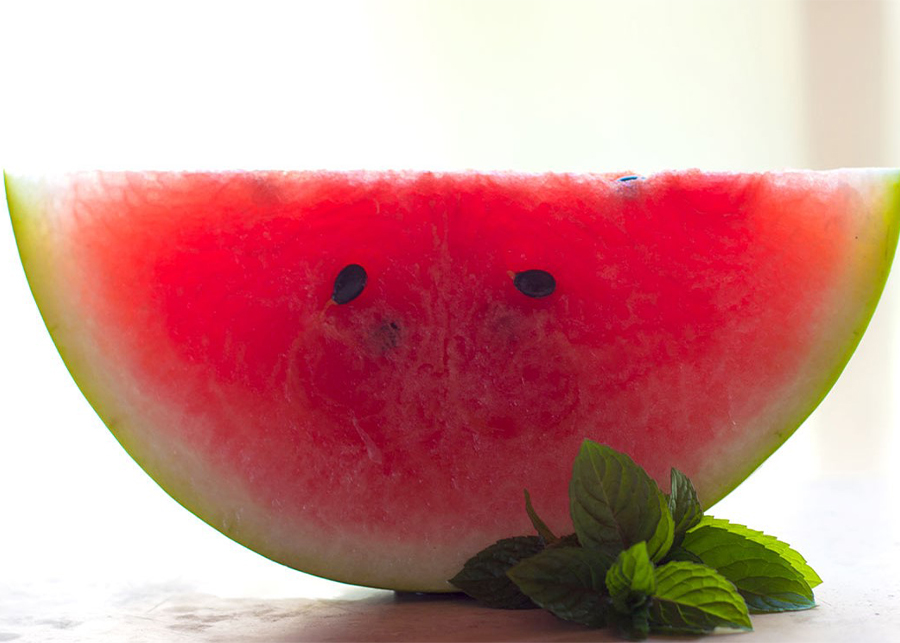Watermelon is known to benefit the heart and body in many ways. The red flesh of this fruit is rich in lycopene and antioxidants (such as vitamins A, C and E), which help prevent cancer, stroke, cardiovascular disease and more. Watermelon also contains potassium, which reduces blood pressure levels and helps regulate heart activity. It is also a source of vitamins B6, B5 and folic acid.
You may be wondering what the benefits of watermelon are. Apparently, the high content of water and antioxidants help lower bad cholesterol. It is also an excellent source of Lycopene, a phytonutrient that lowers blood cholesterol levels. This fruit has other beneficial benefits, too, such as weight management. Here are some of them:

Lycopene in watermelon lowers bad cholesterol
Recent research suggests that eating watermelon can reduce the risk of cardiovascular disease. The fruit is rich in vitamins and minerals, including lycopene, a functional ingredient known to lower cholesterol levels. Earlier studies have linked lycopene with decreased risk of cardiovascular diseases, such as atherosclerosis and heart attacks. Lycopene in watermelon can help reduce the risk of cardiovascular disorders by fighting oxidation of low-density lipoprotein. Moreover, consuming watermelon regularly can help you enjoy a heart-healthy life!
High water content
Watermelon is a low-calorie, nutrient-rich fruit. It has a high water content, making it a great choice for people looking to lose weight. This fruit is rich in vitamins A, C, and potassium, which help lower blood pressure and regulate acids in the body. It also contains beta-carotene, which protects the skin from sun damage. Watermelon is a natural diuretic.
Antioxidants
Aside from being sweet, watermelon contains many important nutrients. The majority of watermelon’s content is water, which keeps you hydrated and helps regulate your body’s temperature. Antioxidants in watermelon have many health benefits and are particularly good for your heart. Lycopene, a phytonutrient found in watermelon, is another powerful antioxidant.
Lycopene has anti-inflammatory and anti-cancer properties. It is an essential nutrient for the bones and teeth. Antioxidants from watermelon may delay the onset and progression of Alzheimer’s disease. Although more research is needed to determine whether these nutrients have any beneficial effects on the eyes, it is an excellent choice for anyone looking to increase their vitamin C intake.
Weight management
Drinking a glass of watermelon juice after exercising has many weight management benefits. Drinking the fruit’s juice after exercise reduces the amount of next-day muscle soreness, and watermelon contains L-citrulline, an amino acid that improves circulation and reduces heart rate. Watermelon is also an excellent substitute for processed sweet snacks, as its 1.1 grams of fiber can help curb a sweet tooth. Studies from the University of Kentucky indicate that watermelon consumption can improve lipid profiles and decrease fat accumulation. And a recent study by the Universidad Politecnica de Cartagena concluded that drinking watermelon juice can help reduce muscle soreness.

Skin and eye health
Besides promoting overall skin health, watermelon contains vitamin A and C, two of the most important vitamins for the human body. Vitamin C is essential for skin health because it promotes the production of collagen, which keeps skin soft and supple. Vitamin A helps to repair damaged cells and maintain a healthy mucus membrane, and it also reduces the effects of sun damage. However, more research is needed before it can be said that watermelon can protect the skin from chronic inflammation.
Blood pressure reduction
One of the latest studies on the blood pressure lowering effects of watermelon shows that drinking this fruit can lower BP levels. Figuero and colleagues studied a group of 14 adults with stage 1 and prehypertension, and found that eating watermelon a day reduced systolic blood pressure by 11.8 mmHg and diastolic blood pressure by 6.9 mmHg. These findings were published in the American Journal of Hypertension and the US National Library of Medicine National Institutes of Health. The results were so promising that they were included in the study as one of the most recent studies in the field of hypertension.
The Benefits of Watermelon Result
In the end, watermelon is a healthy way to lower BP in people with stage 1 and prehypertension, as well as among normal weight adults or overweight adults. These findings can also be applied to other fruit that have high amounts of water, like plums and grapefruits. Only studies involving overweight adults and children can further help validate this claim. Overall, eating watermelon has many health benefits.


